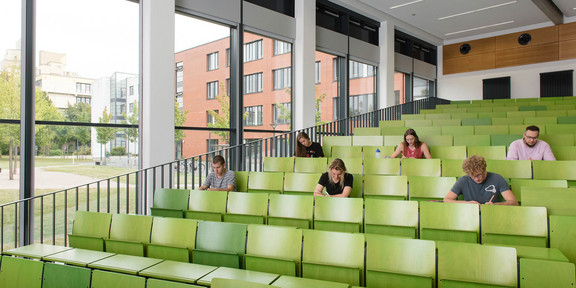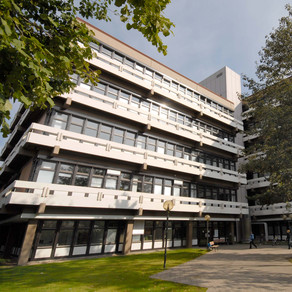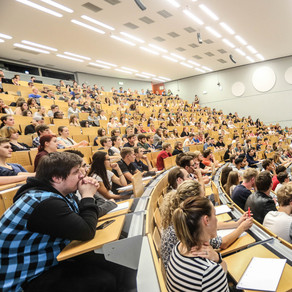23.01.: Gastvortrag von Dunja Šešelja (Bochum/Eindhoven) im Philosophen Institutskolloquium im WiSe23/24

Am Dienstag, den 23.1., um 16 Uhr (c.t.) spricht Dunja Šešelja (Bochum und Eindhoven) zum Thema: „Expert Judgment: Overlooked Epistemic Reasons“.
Der Vortrag findet in Raum 2.213, Emil-Figge-Str. 50 statt.
Im Anschluss ans Kolloquium findet das Semesterabschlussfest im Sweet Chilli statt. Solltet ihr / Sollten Sie Interesse haben teilzunehmen, könnt ihr euch / können Sie sich noch bis am 16.1 bei Simon Wimmer anmelden.
Vortragstitel: Expert Judgment: Overlooked Epistemic Reasons*
(joint work with Daniel C. Friedman (Stanford University) and Will Fleisher (Georgetown University))
Abstract:
What kinds of reasons should experts appeal to when making judgments? Extant discussions of this question typically focus on the role of non-epistemic values in the evaluation of scientific hypotheses. However, which kinds of epistemic reasons should undergird such assessments has received comparatively little attention. In this paper, we argue that reducing epistemic reasons for expert judgment to the relevant evidence can be misleading. Instead, experts must also be sensitive to certain social epistemic reasons, which have so far been overlooked in discussions on expertise. We identify two relevant kinds of social epistemic reasons concerning the state of inquiry in an expert's field. The first consists in higher-order evidence about other experts' views, including about disagreements between experts. The second consists in inquisitive reasons concerning, e.g., the pursuitworthiness of various research programs in the field, or the distribution of labor across those research programs.
Our account contributes to a deepened understanding of expertise in at least two ways. First, by highlighting the role of social epistemic reasons, we shed new light on the claim that expertise is socially grounded. Second, our account provides a better analysis of two epistemically problematic phenomena related to expertise: a) epistemic trespassing, in which an expert in one field inappropriately attempts to provide expert advice concerning another field, and b) a kind of epistemic immodesty, embodied in the common invocation by conspiracy theorists that you should "do your own research". We suggest that one epistemic problem with each of these activities is that the agents in question fail to be sensitive to (or even to possess) the right higher-order evidence and inquisitive reasons.









